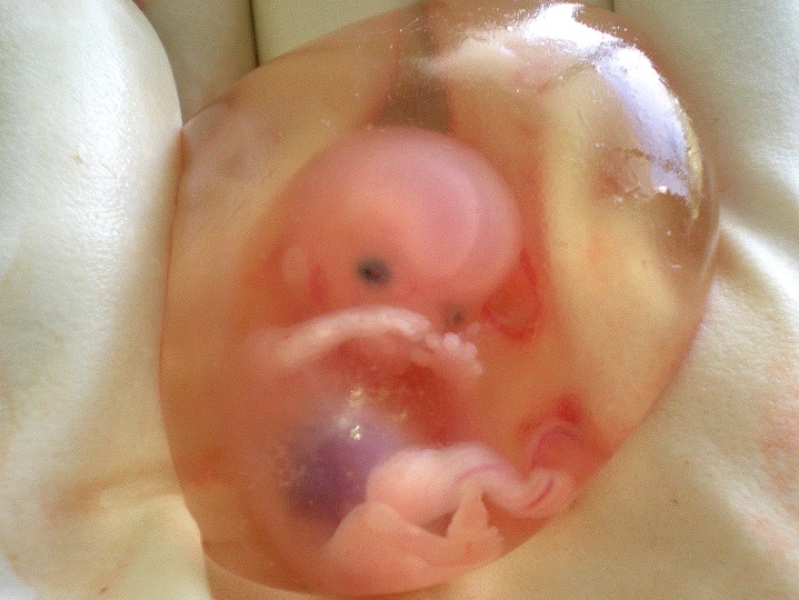
Pro-abortion activists flocked outside the office of the Texas Health and Human Services Commission to oppose the state’s proposed rule requiring abortion providers to bury or cremate aborted fetal parts.
The rally was led by NARAL Pro-Choice Texas, a group that advocates reproductive rights including abortion, which handed over to the department a petition to block the new rules. The petition was signed by more than 5,000 people.
In July, the health commission added abortion regulations that require facilities that provide abortion services to facilitate the burial or cremation of aborted babies. The rules apply to all aborted fetuses regardless of gestation stage.
The regulations were proposed after the high court struck down Texas’ restrictive laws on abortion clinics.
Blake Rocap, legislative counsel for NARAL Pro-Choice Texas, claimed the state is attempting to deny access to abortion.
"The rules target physicians that provide abortions and the hospitals that care for patients for no reason other than to make it harder to get a safe, legal abortion in Texas," Rocap said, according to Dallas News. "It's so transparent that what they're really trying to do is denying access to abortion."
At present, aborted fetal tissue and other fetal parts are disposed of as waste. They are sometimes incinerated or ground before being dumped in a sanitary landfill.
Health commission spokesman Bryan Black said the new regulations are meant to keep the “human dignity” of aborted fetuses.
“The Health and Human Services Commission developed new rules to ensure Texas law maintains the highest standards of human dignity,” he said, according to Texas Tribune.
Gov. Greg Abbott, who ordered the health commission officials to propose the rules, wanted aborted babies to have the “dignity of life.”
"Governor Abbott believes human and fetal remains should not be treated like medical waste, and the proposed rule changes affirms the value and dignity of all life," Ciara Matthews, spokesman for the governor’s office, said, the Associated Press reported.
One of the reasons for opposition against the new regulations is that they would increase the cost for the procedure and effectively hinder some people from going through the procedure.
However, health commission spokeswoman Carrie Williams said the added cost would most likely not be a problem.
“What we found through our research is that the proposed rules won't increase total costs for healthcare facilities," Williams told Dallas News. "While the methods described in the new rules may have a cost, that cost is expected to be offset by costs currently being spent by facilities on disposition for transportation, storage, incineration, steam disinfection and/or landfill disposal."






